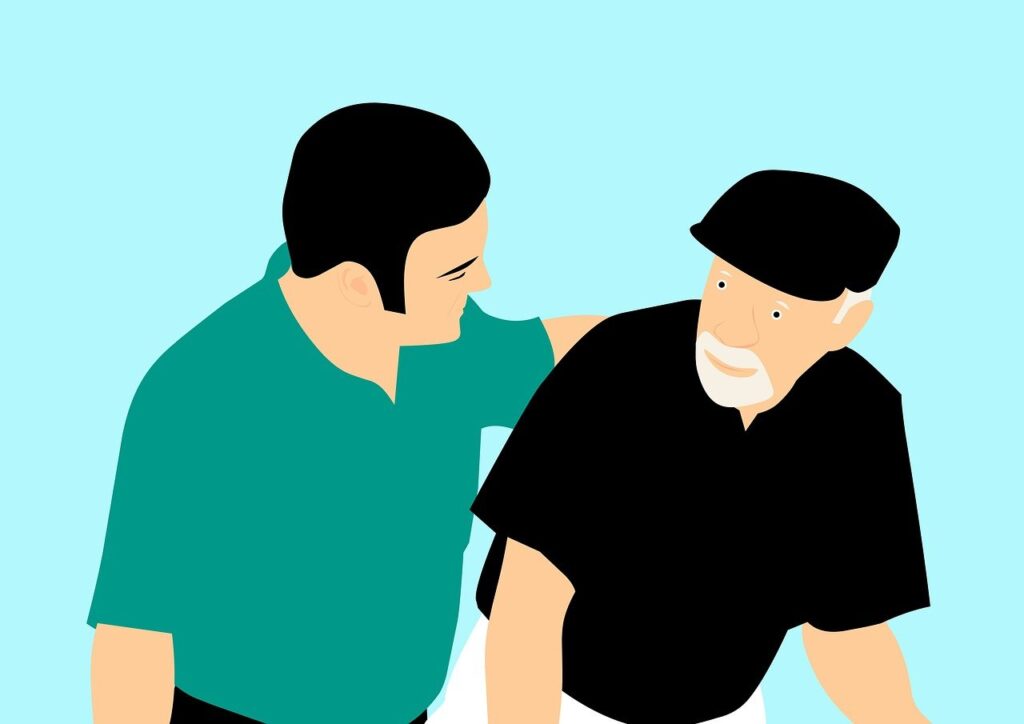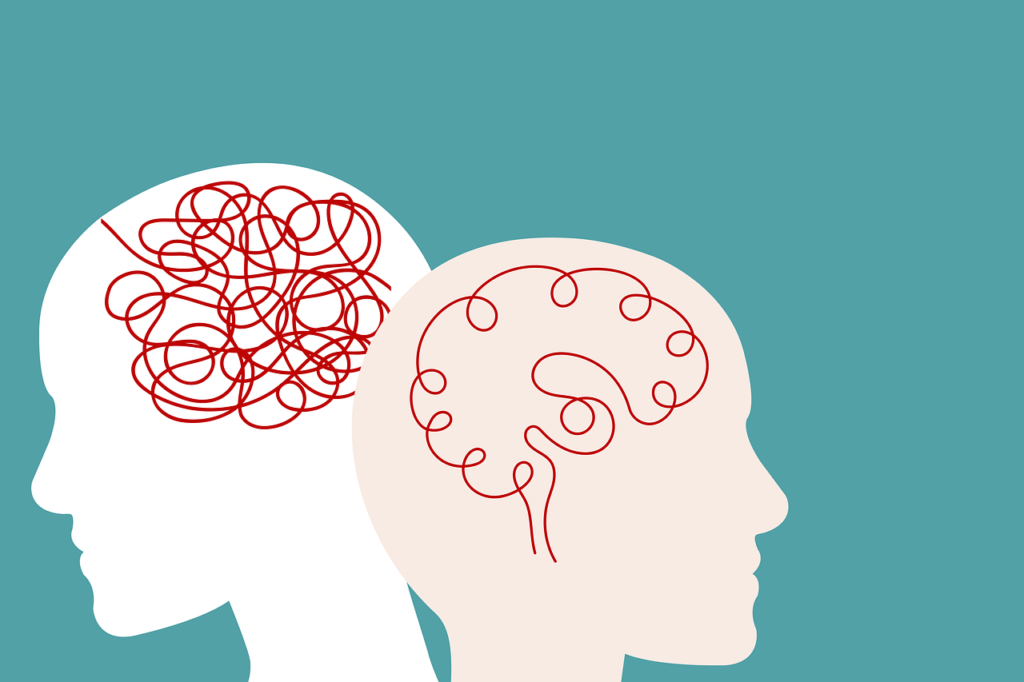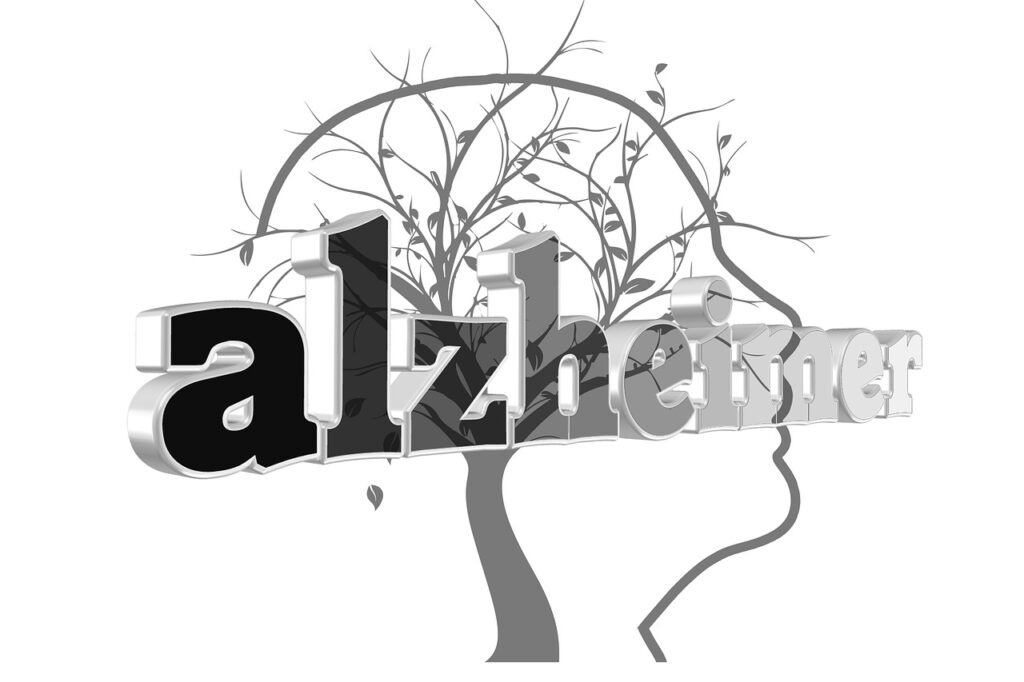We have all heard about Alzheimer’s disease and we may also know many who have been affected by it. In this article, we are going to look at the various facets of Alzheimer’s disease and understand how the symptoms work, how to diagnose it and then even how to manage it using homeopathy. Together we will take this road to a deeper understanding of the disease and even differentiate it from other diseases that may seem similar in nature and composition but are actually different.

What is Alzheimer’s Disease?
Alzheimer’s is generally noticed in the older population although the symptoms settle pretty much during middle age but are not very prominent and therefore go undiagnosed. What stands out for Alzheimer’s disease is that the symptoms which have already set in cannot be changed with any form of medication. Two prominent features of this condition are the loss of cognitive abilities as well as the prominence of forgetfulness. Many people get confused between Alzheimer’s disease as well as dementia but we are going to clear that confusion up in this article. Dimentia is often seen as a cause of Alzheimer’s and it is important to understand both these conditions and differentiate between them.
Pathology of Alzheimer’s Disease
Alzheimer’s disease pathology primarily involves the build up of irregular protein formations in the brain. Two key proteins play a central role:
1. Amyloid Plaques: These are bunches of beta-amyloid protein that collect between nerve cells, messing with their communication and causing problems in how neurones function.
2. Tau Tangles: Inside nerve cells, tau protein twists into tangled formations, messing up the cells’ ability to transport important nutrients and other vital substances.
These protein irregularities result in nerve cell death and subsequent shrinkage of the brain tissue, especially in areas accountable for memory and cognitive abilities.
The Causes of Alzheimer’s Disease
Many doctors and researchers are still conducting studies on the real cause behind Alzheimer’s disease yet the truth has not been found out till today with 100% accuracy. One can say that a mix of several factors actually cause Alzheimer’s disease, some of which have been mentioned here.
1. Old Age: It is only natural that with increasing age one may face various conditions and it is the same for Alzheimer’s.
2. Heredity: Genetic disposition may be a likely cause of this condition.
3. The Heart: Other medical conditions such as high blood pressure may result in Alzheimer’s.
4. Way of Life: Smoking causes a world of problems and Alzheimer’s is not an exception.
5. Head Injuries: Trauma to the head or serious brain injuries could also increase your risk.
The Symptoms of Alzheimer’s Disease
Early detection of Alzheimer’s disease symptoms is essential for prompt treatment. Normal side effects include:
1. Memory Loss: Forgetfulness that interferes with daily life, such as repeating questions or remembering important dates.
2. Trouble Arranging and Critical Thinking: Attempting to follow a recognizable recipe or oversee funds.
3. Losing track of dates, seasons, or the passage of time is confusion with time or place.
4. Losing Things: Placing things in uncommon places and being not able to follow moves toward track them down.
5. Changes in Mind-set and Character: Displaying emotional episodes, becoming dubious, or pulling out from social exercises.
6. Issue with Words: Trouble in following or joining a discussion, frequently bringing about monotonous discourse.
The Stages of Alzheimer’s
1. Preclinical Stage
2. Mild Cognitive Impairment
3. Mild Alzheimer’s Disease
4. Moderate Alzheimer’s Disease
5. Severe Alzheimer’s Disease
Alzheimer’s and Dementia
Let’s settle it once and for all. Dementia and Alzheimer’s disease are not one and the same. A lot of people feel that due to the similarity between them, they might be the same illness but this is far from the truth.
Dementia: This is a very serious condition from which there is no coming back unfortunately. It encompass a number of other problems which correspond to loss of memory, ability to think and make decisions, etc. There are various forms of dementia but Alzheimer’s remains the leading cause of this problem.
Homeopathic Treatments
1. Medorrhinum: It is suitable for those with Alzheimer’s who have weak memory and often lose track of their conversations. They may struggle to speak without weeping and experience difficulties concentrating.
2. Cannabis Indica: It is suggested for those who may struggle to recall thoughts due to an overcrowded mind.
3. Aurum Metallicum: It is recommended for those who have a weak memory and low spirits.
4. Bacopa Monnieri: This tincture is recommended for Alzheimer’s patients experiencing poor memory, anxiety and mental tiredness. It can aid in reducing absentmindedness. A dose of 10 drops in half a glass of water, three times per day is recommended.
5. Ginko Biloba: Available as a tincture, it is frequently used to treat memory loss, concentration issues, and forgetfulness, particularly among the elderly. A dose of 10 drops in half a glass of water, three times per day is desirable.
Prevention of Alzheimer’s
While there are no guaranteed methods to prevent Alzheimer’s disease, certain lifestyle choices may help reduce the risk and promote overall brain health.
1. We must always eat a balanced diet, not just to improve this condition but for our general well being.
2. It is recommended by all doctors and physicians to do exercises everyday in order to remain fit.
3. Stimulation of the brain is also essential. Playing sudoku or solving crossword puzzles helps with this.
4. Going out with friends and establishing a good social life also keeps the health of the brain intact.
5. People who are always stressed out need to learn some strategies to manage it and keep it at bay.
6. Not getting the right amount of sleep will lead to deterioration of the brain.
Examination and Investigation of Alzheimer’s Disease
Let’s explore these essential steps briefly:
1. Clinical History
2. Physical Examination
3. Cognitive Testing
4. Brain Imaging
5. Blood Tests
6. Cerebrospinal Fluid Analysis
7. Genetic Testing
8. PET Scans
Diagnostic Scale for Alzheimer’s Disease
1. CDR 0- No cognitive impairment
2. CDR 0.5 – Very mild cognitive impairment
3. CDR 1- Mild cognitive impairment (early-stage alzheimer’s)
4. CDR 2- Moderate cognitive impairment
5. CDR 3- Severe cognitive impairment

To Summarise
Having Alzheimer’s disease is a huge challenge that is undertaken not only by those suffering from the disease but also by those who are around them and are responsible for taking care of them. There is no sure shot cure for Alzheimer’s but as medicine is progressing, it is devising newer treatment and preventive options against Alzheimer’s.
Homeopathy therefore serves as an essential tool when it comes to Alzheimer’s. It is such a methodology which can be used simultaneously with general treatment options. Moreover, homeopathy can be customised to suit a person’s condition and the severity of it. Likewise, homeopathy works on the improvement of the entire body and not just one part of it.
We shall not remain stuck with only one treatment option but instead we should be open to the multitude of measures that are present in the world. By staying in touch with our doctors and keeping them in the loop, we can hope for the best results.
For any queries, reach out to us at contact@homeopathic.ai
This article is for information purposes. It’s crucial to note that while homeopathy is a centuries-old practice with many adherents worldwide, always consult a qualified homeopath or medical professional before initiating any treatment.





